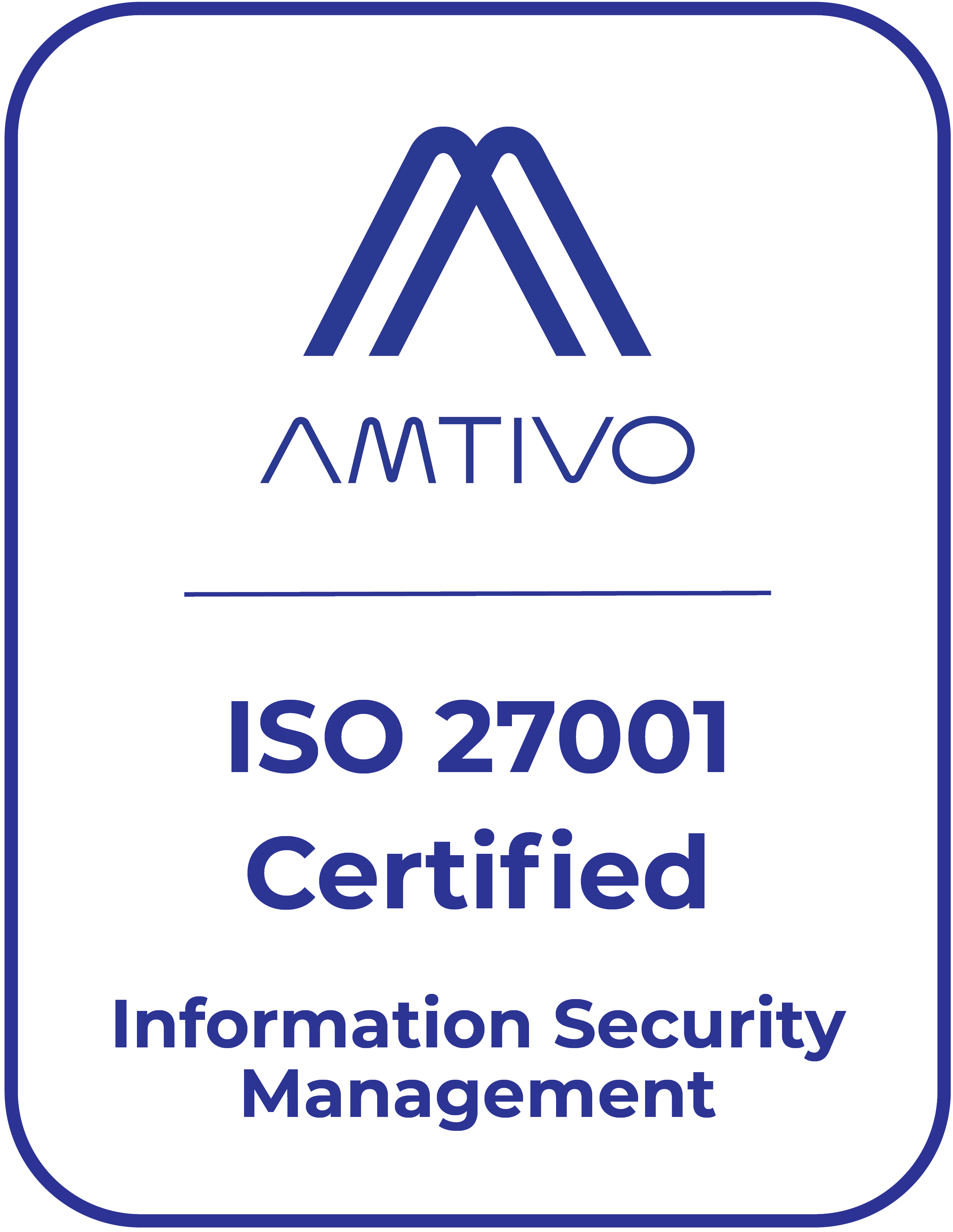What is grant management software?
Grant management software is used by grant makers and administrators to help manage grants, funding, accreditation, corporate giving, scholarships and other awards programmes. Usually, grantmaking software is used to collect applications – which might come from individuals, organisations, communities – or a combination of all three. The software platform then supports the assessment process – most often via a review panel – which allows decisions on funding or awards to be made, against a set of criteria. Then the system is used to notify applicants of the decision, and manage payments and reports, as well as monitor any conditions applied to a grant.
Grant management software cuts down on administration time for grant makers, ensures transparency and accountability in grant giving, and allows funders to measure the impact of their grant giving by providing simple access to data.
A grantmaker’s software solution should allow for the full life cycle of a grant to be processed – pre-application, application, assessment, decision, payment and reporting. As many applications for funding or accreditation will include personal data from the applicant, it is important that you choose a grant management software system that complies with the privacy laws relevant to your region, and has strong security measures.

How do you choose the right grant management software for your needs?
Obviously we think that AIMS grant management system is the best solution for most people – it’s a hybrid mix of an off the shelf system (which means that it is ready to go with very little time required for building and implementation) and a customisable solution (which means we can tweak the system to exactly fit what you need, giving you a bespoke system without huge costs or build times). That said, we really believe that every grant maker should get the system that suits their requirements – and with decades of experience across our team, these are the questions we would suggest you consider when assessing prospective grant management software solutions – no matter who the potential suppliers are.
One important question, which we mention below, is the cost per grant. How much is it currently costing you to give each grant, and how much will a new system help you save time and build in efficiencies throughout your processes? We know that charities often have to justify their running costs – a good grant management software system can help you save money and justify your administrative spend.
What should you think about when choosing grant management software?
- pricing – is it transparent, does it offer good cost per grant?
- how will it help you save time on your administration?
- does it have stringent security and comply with data privacy laws?
- can you automate repetitive tasks?
- does it work in the language (or languages) you, your stakeholders and your applicants need?
- does it allow you to receive the information you need in an application to make a good decision?
- does it feel good to use – for applicants, reviewers and administrators?
- is it accessible for everyone?
- does the software offer audit trails, personalised access and other accountability tools?
- who is the team behind the software?
- what is the ongoing support like – can the supplier offer you the level of assistance you require?
- how long will it take to get up and running?
If you are at the beginning of your journey to find the right software solution, you may feel that you don’t know the right questions to ask. Feel free to get in touch to find out what you should be asking a prospective grant management software supplier.
Let us help you get what you need.

